The UK economy suffered its worst-ever collapse during April as the coronavirus lockdown wiped out a fifth of GDP.
According to the Office for National Statistics (ONS), GDP plunged 20.4% during the month – a time when all non-essential retailers were forced to close.
The slump is the worst ever recorded by the ONS, meaning it was more severe than any declines after the 2008 financial crash.
Non-essential retailers will be allowed to reopen their doors from Monday as the government seeks to get the economy moving in the right direction.
Boris Johnson also revealed this week that zoos and other outdoor attractions such as safari parks and drive-in cinemas that allow people to stay in their cars will be allowed to re-open.
Chancellor Rishi Sunak said: “In line with many other economies around the world, coronavirus is having a severe impact on our economy.
“The lifelines we’ve provided with our furlough scheme, grants, loans and tax cuts have protected thousands of businesses and millions of jobs - giving us the best chance of recovering quickly as the economy reopens.
“We’ve set out our plan to gradually and safely reopen the economy. Next week, more shops on the high street will be able to open again as we start to get our lives a little bit more back to normal.”
Jonathan Athow, deputy national statistician for economic statistics, said April’s slump in GDP was “almost ten-times larger” than the steepest pre-coronavirus decline.
He added: “Virtually all areas of the economy were hit, with pubs, education, health and car sales all giving the biggest contributions to this historic fall.
“Manufacturing and construction also saw significant falls, with the manufacture of cars and housebuilding particularly badly affected.
“The UK’s trade with the rest of the world was also badly affected by the pandemic with large falls in both the import and export of cars, fuels, works of art and clothing.”




















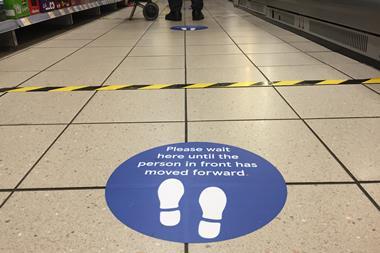
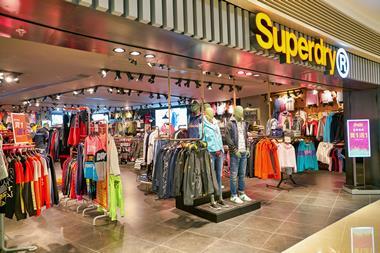
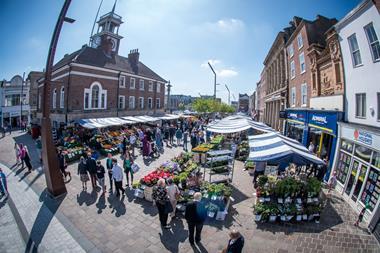
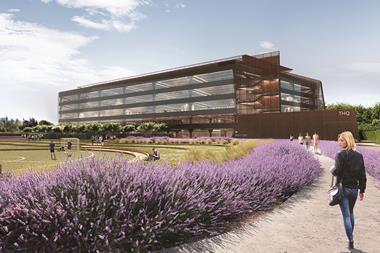
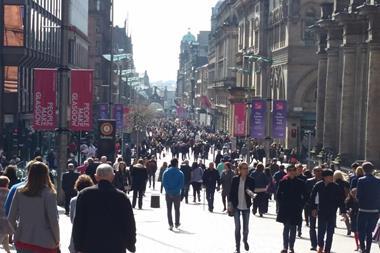
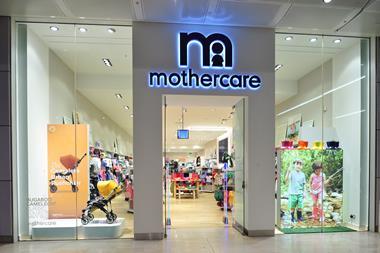
No comments yet